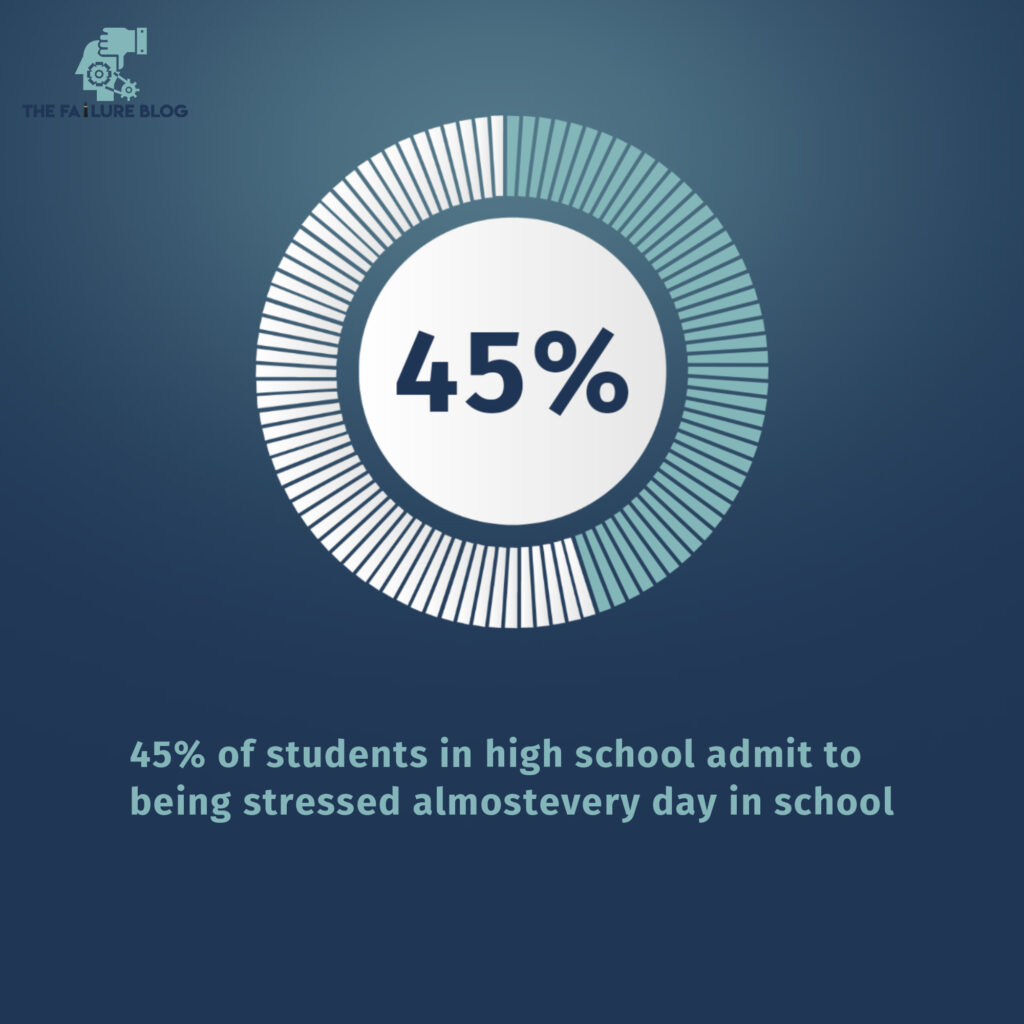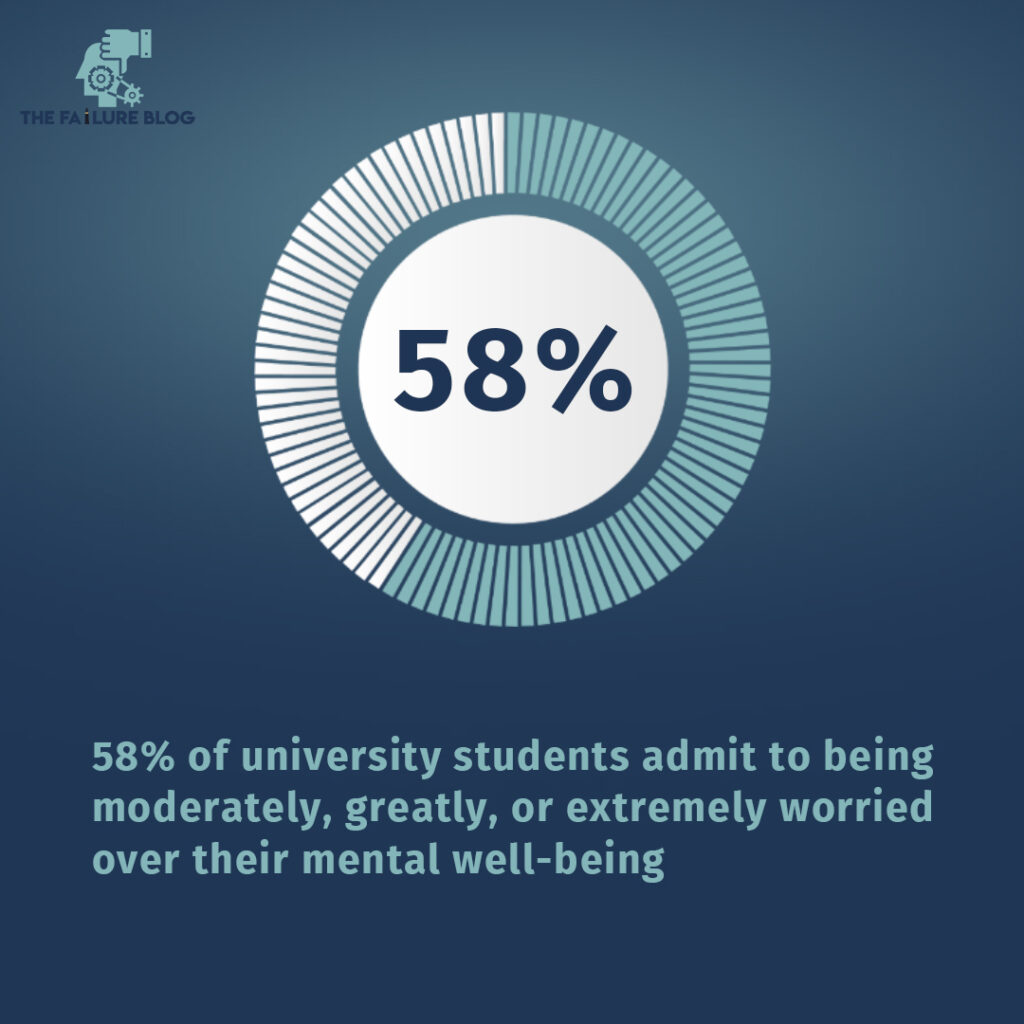
High school represents a pivotal chapter in a young person’s life, marked by a blend of academic ambitions, evolving social circles, and personal development. This period is often filled with excitement and opportunity but can also bring its own set of challenges. As students navigate these formative years, they face a unique set of pressures that can sometimes feel overwhelming. Balancing homework, extracurricular activities, social relationships, and future plans requires not just diligence but a certain level of resilience.
Amid this whirlwind, it’s crucial to understand that the pressures of high school are not only common but manageable. The way students approach these challenges can significantly impact their overall well-being and academic success. By developing effective strategies to handle the stress that accompanies this phase, students can maintain their mental health and excel in their pursuits. This article delves into practical methods and expert advice on how to tackle the various stressors encountered during high school, offering a roadmap to a more balanced and less stressful experience.
1. Understanding High School Stress
The Nature of High School Stress
High school stress stems from various sources: academic demands, extracurricular activities, social pressures, and future uncertainties. According to the American Psychological Association, students often report high levels of stress due to a combination of these factors, which can impact their health and academic performance.
The Impact of Stress on Students
Chronic stress in high school can lead to anxiety, depression, and physical health issues. Students experiencing high stress levels often struggle with concentration, memory, and overall academic performance. Recognizing these effects early can help in finding effective coping strategies, improving both mental well-being and academic success. Addressing stress proactively is crucial for maintaining a healthy balance.
2. Developing Effective Time Management Skills
Creating a Balanced Schedule
Managing time effectively is key to reducing stress. Crafting a well-balanced schedule allows students to juggle academic demands and personal activities more efficiently. Utilize planners, calendars, and digital apps to organize tasks and deadlines. By breaking down larger projects into smaller, manageable chunks and scheduling regular breaks, students can stay on top of their responsibilities without feeling overwhelmed. This structured approach not only enhances productivity but also helps maintain a healthier balance between schoolwork and leisure.
Setting Realistic Goals
To prevent feeling overwhelmed, set goals that are achievable and manageable. Break down large tasks into smaller, more manageable steps. This method makes daunting tasks feel more manageable and allows you to experience a sense of accomplishment with each completed step. By focusing on these incremental achievements, you maintain motivation and reduce stress, making the overall task seem less intimidating and more within reach.

3. Building Strong Study Habits
Effective Study Techniques
Adopting effective study techniques can significantly ease academic stress. One popular method is the Pomodoro Technique, where you work in short, focused bursts followed by brief breaks. This approach not only boosts productivity but also helps prevent burnout by keeping you refreshed and engaged. By breaking study sessions into manageable intervals, you can maintain better concentration and reduce the overwhelming feeling of long, uninterrupted study periods.
Finding the Right Study Environment
Creating an effective study environment is key to managing stress. Select a quiet, tidy space where you can focus without interruptions. Ensure your study area is organized and free from distractions. Personalize the space to make it comfortable and motivating, incorporating elements that help you stay engaged and relaxed. This tailored environment can enhance your concentration and reduce stress, making your study sessions more productive and enjoyable.
4. Managing Social Pressures
Maintaining Healthy Relationships
Navigating social pressures involves maintaining healthy relationships and setting boundaries. It’s essential to surround oneself with supportive friends who understand and respect your stress levels.
Developing Assertiveness Skills
Learning to assert oneself respectfully can help manage social stress. Practice saying “no” when necessary and communicate your needs clearly. Assertiveness fosters self-respect and reduces stress from peer pressure.
5. Incorporating Healthy Lifestyle Choices
Regular Exercise
Exercise is a powerful stress reliever. According to the Mayo Clinic, physical activity boosts endorphins, which can improve mood and reduce stress. Aim for at least 30 minutes of moderate exercise most days of the week.
Balanced Diet and Adequate Sleep
A balanced diet and sufficient sleep are vital for managing stress. Consuming nutrient-rich foods and maintaining a regular sleep schedule can enhance cognitive function and overall well-being.

6. Seeking Support and Resources
Utilizing School Resources
Many high schools provide valuable resources, including counseling services, stress management workshops, and academic support. These resources are designed to offer personalized assistance tailored to individual needs. Engaging with these services can significantly ease stress and provide expert guidance tailored to your unique challenges. Don’t miss out on these opportunities to receive the support you need; they can play a crucial role in helping you manage stress and succeed academically.
Talking to Trusted Adults
Don’t hesitate to talk to trusted adults, whether parents, teachers, or mentors. They can provide valuable support, perspective, and advice. Open communication helps alleviate feelings of isolation and stress.
7. Practicing Mindfulness and Relaxation Techniques
Mindfulness Practices
Mindfulness and relaxation techniques, such as meditation and deep breathing exercises, can help manage stress effectively. A study published in JAMA Internal Medicine found that mindfulness practices can significantly reduce symptoms of anxiety and depression.
Finding Personal Relaxation Methods
Try various relaxation techniques to discover what suits you best. You might find solace in listening to music, diving into a favorite hobby, or enjoying nature. These activities can offer a refreshing escape from stress and help you recharge. Integrating these moments of relaxation into your daily routine can be incredibly beneficial for managing stress and maintaining balance. Remember, the key is to find what truly helps you unwind and feel at ease.
Conclusion
Navigating high school stress involves a combination of effective time management, strong study habits, healthy lifestyle choices, and seeking support. By understanding the nature of stress and implementing these strategies, students can better manage their stress and maintain a balanced, healthy life. Remember, it’s important to take one step at a time and seek help when needed.





Leave a Reply